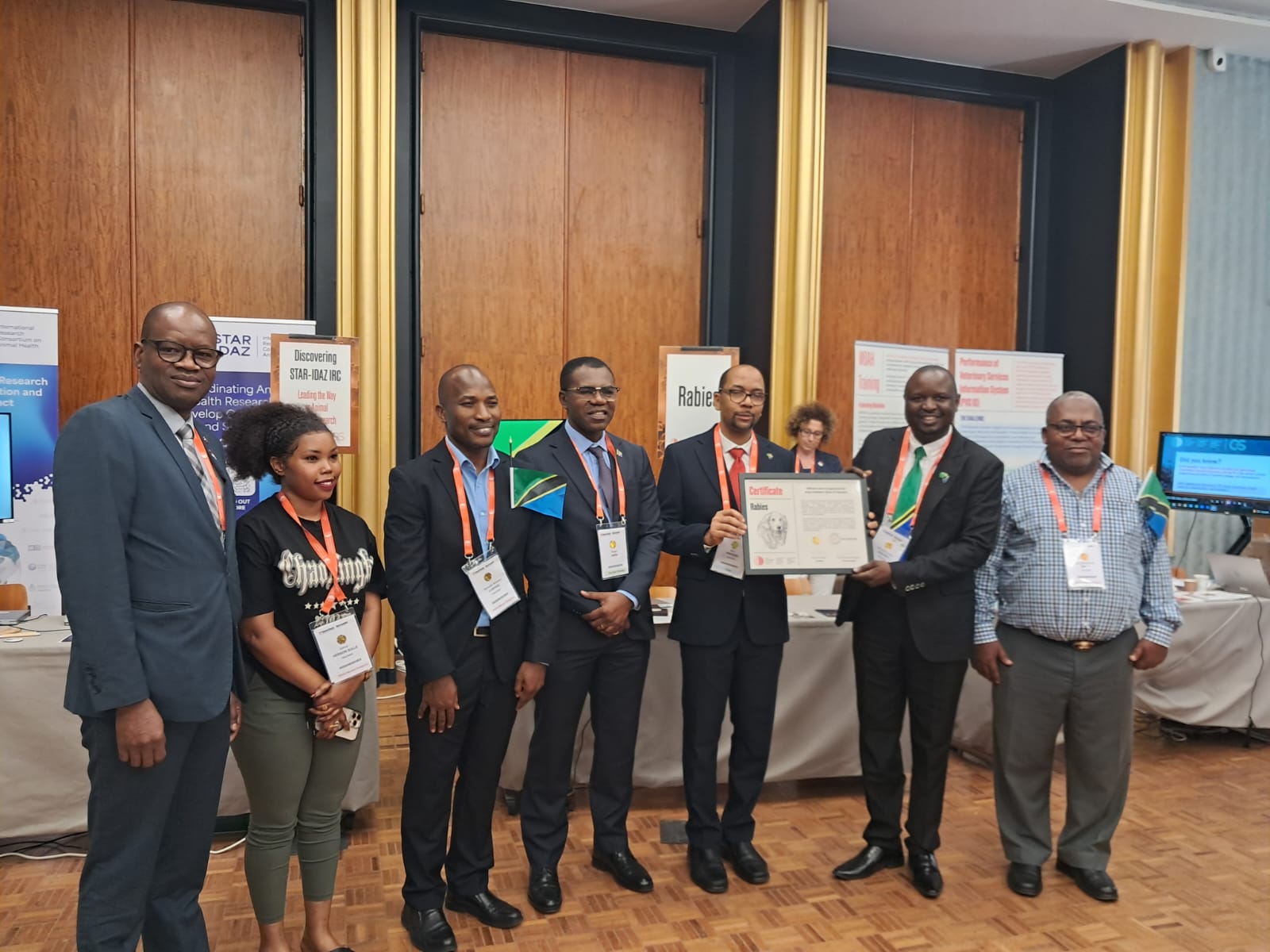Description
After a detailed review process, Tanzania’s 5 year official control programme for dog-mediated rabies has been endorsed at WOAH’s World Assembly of Members in Paris.

“WOAH’s official endorsement is something we have actively pursued,” said Dr Samwel Mngumi of Tanzania’s Ministry of Livestock and Fisheries who is also Tanzania’s national rabies control focal person. “The process has helped us to strengthen important aspects of the plan, and we hope endorsement will ensure that funding and support is sustained, from our government and also from international partners.”
Rabies is endemic in Tanzania, and the disease is also underreported. While numbers of deaths have declined to an estimated 500 a year from around 1000 per annum a decade ago, only one or two deaths per annum are officially recorded.
An expert group convened by WOAH to evaluate Tanzania’s plan considered the epidemiology of the disease, surveillance, diagnostic and laboratory capacity, vaccination, preparedness and contingency plans.
The group emphasised the importance of strengthening the country’s rabies reporting system and processes, as well as the capacity of veterinary services to control dog mediated rabies.
The experts’ recommendations include improving monitoring and reporting of rabies cases domestically and to WHO, strengthening veterinary public-private partnerships to build capacity for mass dog vaccination, and prioritising procurement of canine rabies vaccine to ensure adequate supplies each year.
On vaccination, the expert group noted that the rollout of mass dog vaccination started with 400,000 in 2023, aiming to reach 2 million by year 5. Tanzania was commended for renewing rabies control efforts following setbacks during the COVID-19 pandemic. High quality dog vaccines and PEP are being imported, and compliance efforts are being stepped up. However, laboratories capable of testing for rabies are underutilised and the number of rabies samples tested annually is low.
To ensure the programme’s sustainability, Tanzania is being encouraged to identify which aspects of the control strategy will receive state funding and where external funds are required and ensure that a clear strategy is in place to secure the necessary financial support. As part of the endorsement process, Tanzania will also update WOAH on progress throughout the 5-year programme.